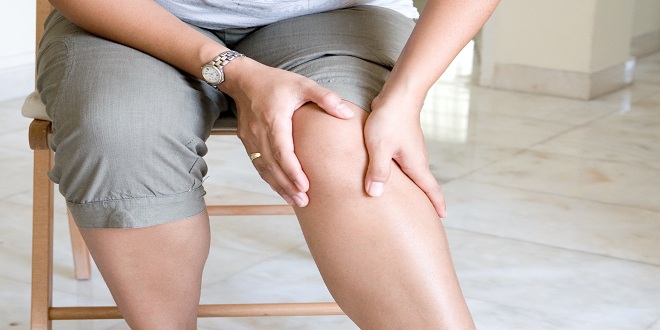
Arthritis: Causes, Symptoms and Treatment
Arthritis is the inflammation of joints that can be caused by many different reasons. Although not age restricted in all cases, old age is an important risk factor in all types of arthritis. Most commonly associated with joint pain and stiffness that can progressively worsen if not treated. There are about a hundred different types of arthritis and a diagnosis is important to distinguish them. The most common types are:
- Osteoarthritis- Associated with degeneration of the cartilage due to wear and tear. This type occurs in old people.
- Rheumatoid Arthritis- An autoimmune disease where the body’s immune system attacks the joints and makes them deformed.
- Gouty Arthritis- This is caused by an increased deposition of uric acid crystals in the joints which causes them to inflame.
Different types of arthritis are caused by a different set of risk factors. However, there are some factors that are mutual to all of them. These include age, obesity, genetic disposition, diet, lack of weight bearing exercises and vitamin D intake. Although some factors, such as genetic susceptibility or age can’t be helped, all the other factors can lead to bone weakness and eventually weakness of the joints. Obesity and lack of weight bearing exercises can lead to increase pressure on the joints and decrease in the joint space. This causes the bones to rub against each other and destroy the cartilage that covers the surface of the bone and helps decrease friction. This is the hallmark of osteoarthritis.
In rheumatoid arthritis autoimmune complexes deposition initiates a cascade of activities that leads to thick granulation tissue filling the entire joint space and causing deformities of the wrist and fingers. Uric acid crystals in the joint can cause severe pain and is most prevalent in people who consume a high protein diet.
Most common symptoms of arthritis include, difficulty in performing everyday tasks, such as, climbing stairs, raising hands, combing hair and walking. Fever, lethargy and malaise are the effects of the inflammation that is present in the joint. Other symptoms include weight loss, muscle pain and weakness, tenderness and swelling of the joints.
Treatments are different depending on the type of arthritis. Most effective and recommended treatments include physiotherapy and medication that helps reduce inflammation. These medicines can include over the counter NSAIDs like Ibuprofen, aspirin or something stronger depending on the severity of the disease. Other selective medicines include DMARDS for rheumatoid arthritis or uricosuric drugs for gouty arthritis. If the disease continues to progress, a joint replacement surgery can be done where the joint is replaced by a prosthetic joint. This can greatly improve the quality of life of the sufferer.
Life style modification for patients with arthritis is just as important as treatment. Losing weight is the first thing recommended by doctors. Others include regular exercise. By routinely working our joints we prevent buildup of foreign substances in the joint space make them able to handle stress. Vitamin D is extremely important for healthy bone development and consequently, for healthier joints.

